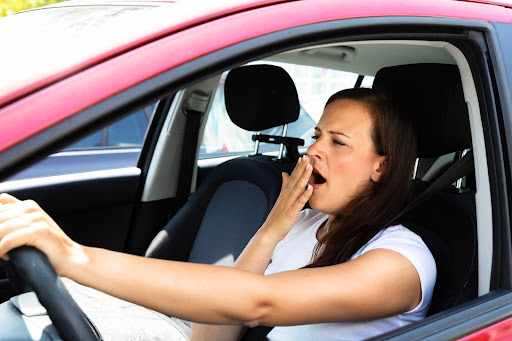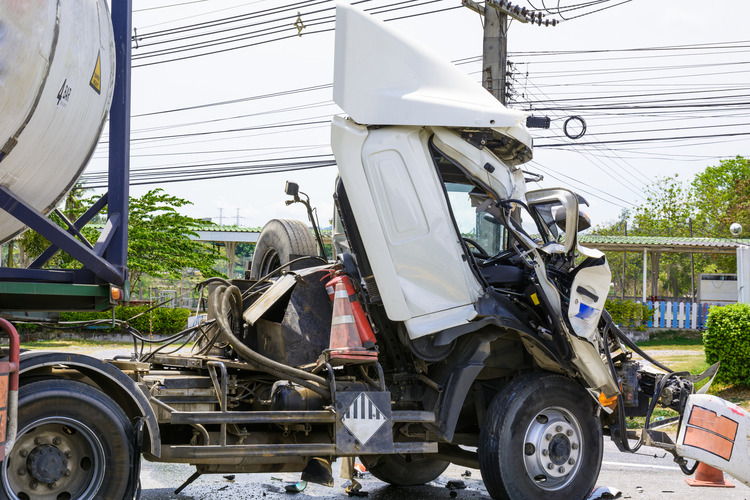
Daylight savings time (DST) has been a topic of debate and controversy for years, with many people questioning whether the benefits are worth the negative consequences.
One such consequence is an increase in daylight savings traffic accidents during the spring and summer months. Fatal accidents and injuries tend to rise among truckers during this time, but other drivers are also at risk.
If you’ve suffered an injury or lost a loved one in an accident caused by another’s negligence, a St. Louis car accident lawyer with Langdon & Emison will be ready to help. We have an extensive track record of success in these types of cases and will fight for the full and fair compensation you deserve.
Shift in circadian rhythm
One reason for the increase in accidents is related to the body’s circadian rhythm. Our bodies are designed to be awake during the day and asleep at night.
This natural rhythm is disrupted when we change our clocks for DST. Even a small change in the sleep cycle can have a significant impact on our ability to function and make decisions.
Studies have shown that the Monday after the switch to DST is associated with a 6% increase in fatal car accidents. Our bodies need time to adjust to the new schedule, and disrupting our natural sleep patterns can lead to fatigue and a lack of alertness.
Blue light issues
Another factor that plays a role in the increase in accidents is the ambient blue light that is present during the longer daylight hours.
Blue light has been shown to affect the body’s production of melatonin, a hormone that helps regulate sleep. This means that even though we have more daylight in the evening, our bodies may not be as prepared for sleep as they would be if we had gone to bed earlier.
This can lead to fatigue and decreased cognitive function, increasing the risk of daylight savings traffic accidents.
DST and truck drivers
Truckers are subject to federal regulations that limit the number of hours they can work per day and week, but these regulations don’t take into account the effects of DST on their circadian rhythm. That’s why time changes during spring can increase the risk of truck accidents.
Other drivers are also at risk. The longer daylight hours may lead to more people staying out later and driving while fatigued. This can be particularly dangerous on weekends and holidays, when people may be more likely to consume alcohol or drugs and then get behind the wheel.
Studies have shown that the number of alcohol-related accidents increases during the spring and summer months, and the switch to DST may exacerbate this problem.
Reducing the risks
The link between daylight savings time and traffic accidents is a complex issue that involves a variety of factors. The disruption to our circadian rhythm, the presence of ambient blue light, and the increased risk for truckers and other drivers all contribute to the problem.
While there are benefits to having more daylight in the evening, it’s important to consider the potential negative consequences and take steps to mitigate the risks. This may include adjusting work schedules for truckers, educating the public on the dangers of driving while fatigued, and implementing stricter laws and regulations to prevent alcohol and drug-related accidents.
By taking these steps, we may be able to help reduce the number of accidents and injuries that occur during the spring and summer months.
Hurt in a daylight savings traffic accident? We can help.
The attorneys with Langdon & Emison have years of experience investigating car and truck accidents. We know how to gather the evidence it takes to make our client’s cases as strong as possible. Our lawyers pursue surveillance camera footage, talk to witnesses, and request phone records if necessary. We use this evidence to get to the bottom of why an accident occurred and who was to blame.
We will do everything we can to help victims of daylight savings traffic accidents get the compensation they deserve. If you would like more information on what we may be able to do for you, contact us online or call (866) 931-2115 for a free case review.


